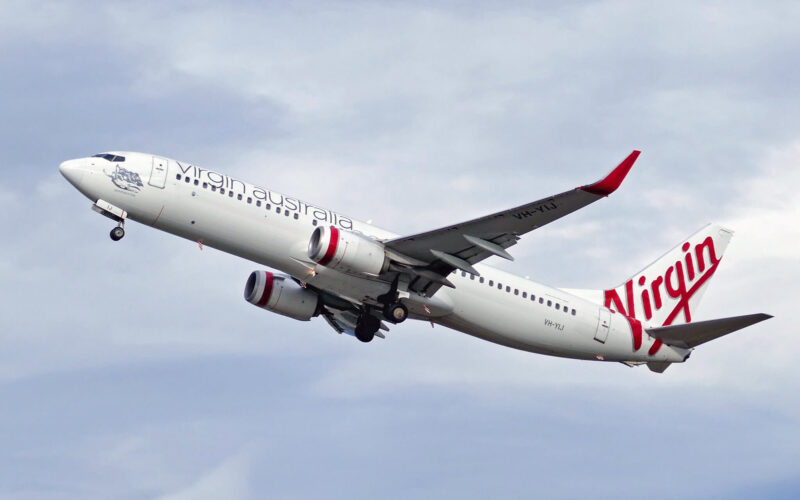Deloitte, the administrator of Virgin Australia Holdings Ltd, is expected to announce the final two preferable bidders to take over the airline. The deadline for indicative offers for the airline elapsed this Friday.
The shortlist initially consisted of BGH Capital, Bain Capital, Cyrus Capital Partners and Indigo Partners. The Canadian firm, Brookfield Asset Management, initially pulled out of the bidding process and had been thought to be a lead contender. However, the assets management company submitted a late proposal to Deloitte just before the deadline.
The Australian carrier’s administrator issued a statement outlining that the next process was to choose the two final parties that would make the final shortlist. Once this decision has been made the two bidders will have to engage further with the airline’s stakeholders and financiers about their plans for the carrier’s future before final bidding commences.
BGH Capital has already outlined its plans should its bid ultimately succeed. The Australian private equity firm outlined to the Australian Financial Review that it plans to initially restart the airline with just 15 Boeing 737’s. Virgin Australia currently has a mixed fleet of 130 aircraft. However, BGH Capital is the only bidder proposing downsizing the fleet to 80 aircraft. With less aircraft, this will result in a lot of job losses at the airline. The Australian Council of Trade Unions (ACTU) were unimpressed by the Australian equity firm’s idea. The trade union stated that its interests are to “maximise the number of full time and permanent jobs across all aspects of existing Virgin Australia operations, inclusive of both current Virgin Australia employees and those employed by direct contractors.”
Although the proposal may not be welcome news to trade union officials, the private equity firm is still well regarded in Australian corporate circles. Based in Melbourne, their inside knowledge of the aviation conditions in the country has seen them become the people’s favourite as potentially the new owners of Virgin Australia. Their proposal to downsize the fleet is just one example that they have some better inside knowledge than the other bidders about the Australian aviation market.
According to the Australian Financial Review, they are expecting bidders to likely place a valuation of A$3.5 billion (US$2.33 billion) to A$4 billion (US$2.66 billion). The Australian carrier also owes close to A$7 billion in debt to creditors, since entering administration in April. However, the airline’s administrator outlined that these estimated figures were “just speculation.” There is an expectation that once final binding offers are made, then the value of the Australian carrier will be apparent. These final offers are due on June 12th by the final two shortlisted bidders.
There is also growing anxiety amongst the airline bidders over the lack of financial support the airline has received from the Scott Morrison government. According to Vaughan Strawbridge, who is the airline’s administrator representing Deloitte, he recently indicated that Virgin Australia may need a bailout to bridge the gap between any sale late next month and with creditors expected to hold a meeting in August.
With the two shortlisted finalists expected to be announced next week. The airline is still burning cash and sources close to the airline say that it just had A$100 million two weeks ago. Virgin Australia’s crumbling financial position and the lack of clarity from the government has created a substantial amount of anxiety amongst potential bidders, who are speculating that the sale process might fail and the Australian carrier could collapse into liquidation. But the growing question for Virgin Australia right now is, who will be the final two bidders for the Australian carrier?

